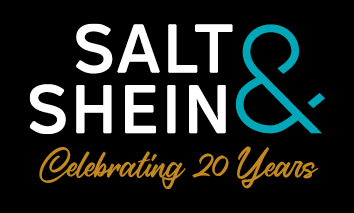4 ways the millennial workforce is impacting PR and recruitment
Millennials will make up 75 per cent of the Australian workforce by 2025, according to Robert Half research. And Australian companies are responding – 62 per cent have altered their hiring process to adapt to the changes millennials bring. In the shifting corporate affairs and communication recruitment sphere, how is this emerging generation making…
1. Collaboration is key

2. Social media is rampant
3. More frequent job changes
43 per cent of millennials expect to leave their current position in the next two years.
4. Emphasis on flexibility
Discover insights.
Creating messages that cut through social media, news cycles and even the humble inbox has never been easy, but, with more noise across more channels, it’s become more important than ever to create messages that stand out and land with impact. Visual communications tools are gaining traction as a way of shaping messages that hit…
Looking for greater choice in the contract options available to you? Having history and rapport with a specialist recruiter like Fraser Clapcott will open doors to opportunities you may have missed for yourself, that add value for both contractor and employer. In the current climate of uncertainty, a willingness and propensity for flexibility comes with…
If you’ve been ruminating on changing-up your comms career, now may be the ideal time to talk with your trusted recruiter about making a move. Salt & Shein Director, Lucy Newcomb, sees significant scope for motivated communicators to broaden their career horizons, and make the job of their dreams a reality, in 2023. “A rapidly…








